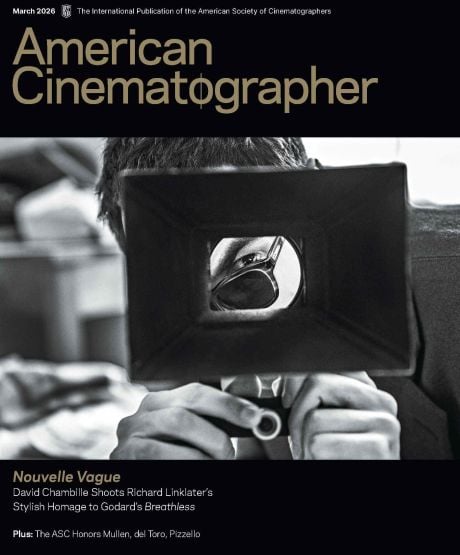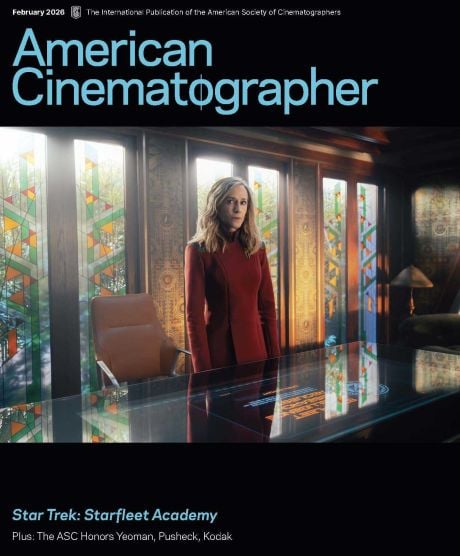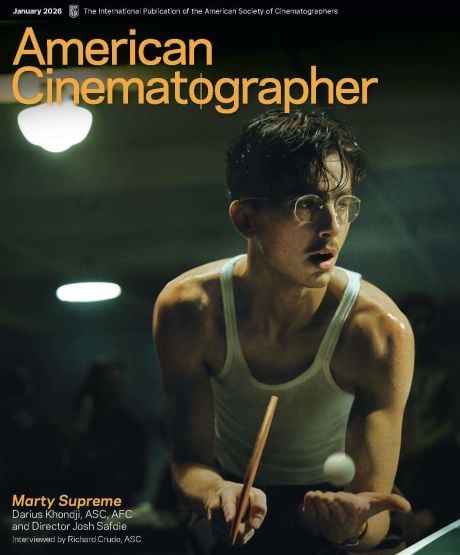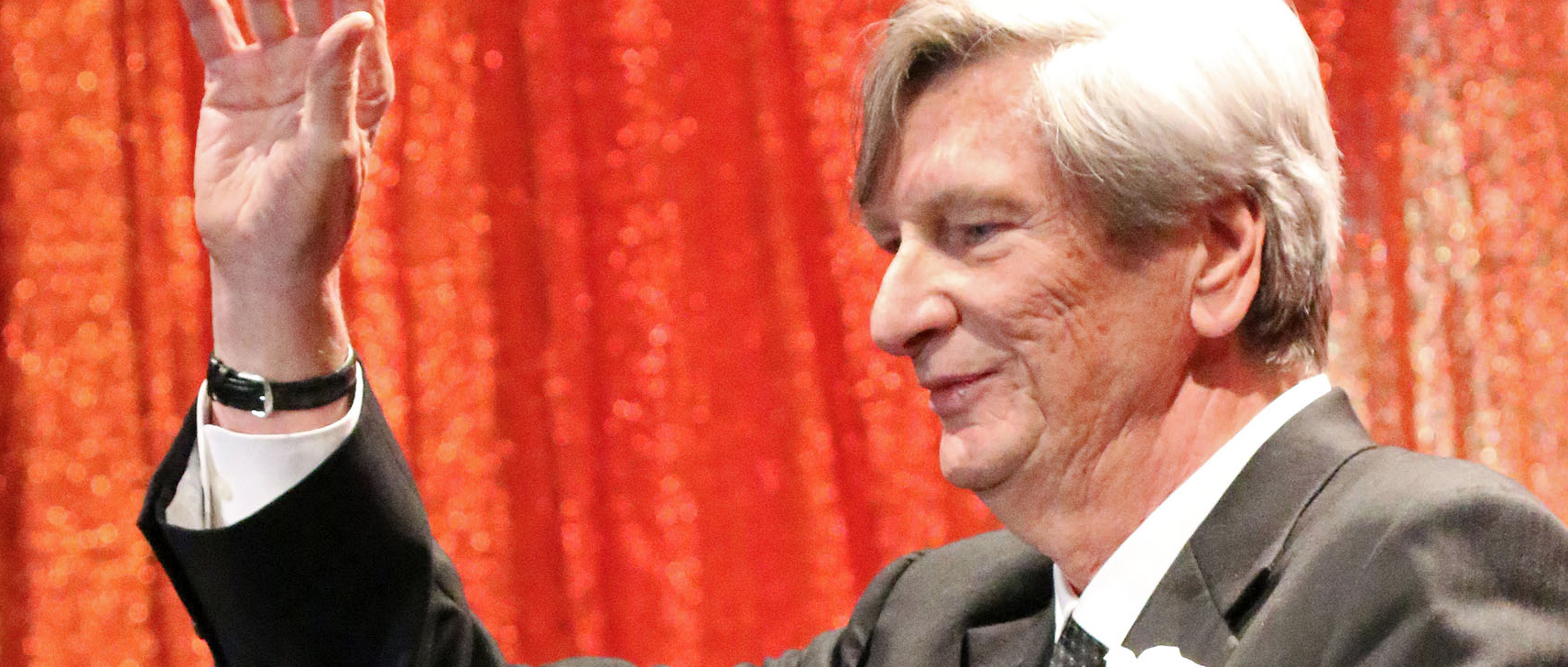
John Bailey, ASC Elected President of AMPAS
Here’s a complete look at the award-winning cinematographer and longtime Academy governor.
ASC member John Bailey has been elected president of the Academy of Motion Picture Arts and Sciences by the organization’s Board of Governors.
Bailey is the first cinematographer to hold the position in almost 60 years, the other being George Stevens, who was better known as a director.
Also elected to officer positions by the Board were:
Lois Burwell, First Vice President (chair, Awards and Events Committee)
Kathleen Kennedy, Vice President (chair, Museum Committee)
Michael Tronick, Vice President (chair, Preservation and History Committee)
Nancy Utley, Vice President (chair, Education and Outreach Committee)
Jim Gianopulos, Treasurer (chair, Finance Committee)
David Rubin, Secretary (chair, Membership and Administration Committee)
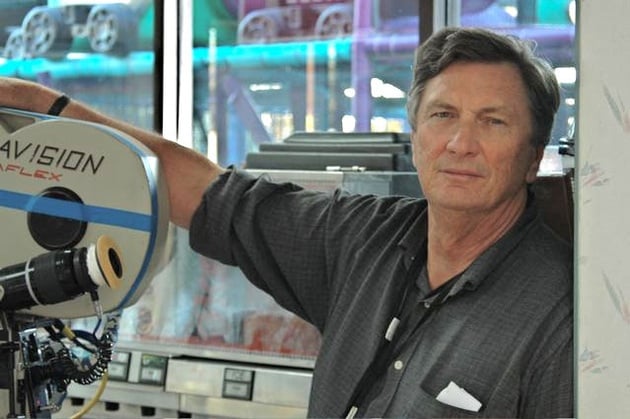
Bailey is beginning his first term as president and his 14th year as an AMPAS governor in the Cinematographers Branch, which is also represented by ASC members Daryn Okada and Mandy Walker.
Academy board members may serve up to three consecutive three-year terms, while officers serve one-year terms, with a maximum of four consecutive years in any one office.
Born in 1942, Bailey has been a lifelong movie fan. As he told American Cinematographer, “Like most kids, I was a sucker for horror and sci-fi films. Two that scared me to death at an impressionable age were the original The Thing, photographed by Russ Harlan, ASC, with a score by Dimitri Tiomkin, and The Man from Planet X, directed by Edgar Ulmer and photographed by John Russell, ASC. At that age I didn’t have any idea that movies were made; I thought they just sort of happened.”
He studied at Loyola University and the University of Vienna, later completing his education in the graduate film program at the University of Southern California. Though he initially intended to focus on writing, aesthetics and criticism, his exposure to the films and filmmakers of the French New Wave while in Europe and his experience in taking a cinematography course changed his perspective. He noted, "Then Vittorio Storaro’s work on The Conformist made me decide to become a cinematographer."
Two of his teachers at USC were Woody Omens, ASC and Gene Peterson. “Woody was the first person to give me encouragement in film school, and he is a dear friend to this day," Bailey said. "Gene was a wild and crazy guy; he spent summers shooting wildlife films for Disney.”
After graduation, Bailey gained experience working in postproduction: “I had a job filling lab orders for stock shots for the American Airlines library. In 1965, if you saw a shot of an AA jet in the air or on takeoff or landing, I probably provided it. My second job was syncing 16mm dailies for a Headstart documentary being edited by Verna Fields.”
Bailey moved on to work was a camera assistant and operator for such ASC greats as Don Peterman, Ric Waite, Charles Rosher Jr., Vilmos Zsigmond and Néstor Almendros.
“Néstor was my true mentor. What I most learned from him were simple manners and respect for the crew.”
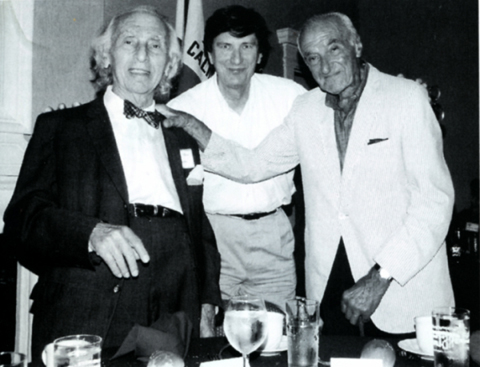
Bailey has photographed nearly 70 features, amassing an eclectic body of highly regarded work that includes dramas, action, comedies and Westerns. Perhaps because of that variety, his work doesn't show the stamp of a single cinematic sensibility, but instead reflects as many different approaches as there are credits to his name. Bailey offers, “I’ve never read a script to try to find photographic opportunities. I look at the emotional value to see if I'm moved.”
His credits include Open Window, Boulevard Nights, Ordinary People, American Gigolo, Continental Divide, Cat People, That Championship Season, Racing with the Moon, The Big Chill, Mishima — A Life in Four Chapters, The Pope of Greenwich Village, Silverado, The Accidental Tourist, Groundhog Day, In the Line of Fire, As Good as It Gets, The Anniversary Party, The Way Way Back and A Walk in the Woods.
Recommended for ASC membership by John A. Alonzo, among others, Bailey was invited to join the Society in 1985, and in 2014 he received the ASC Lifetime Achievement Award.
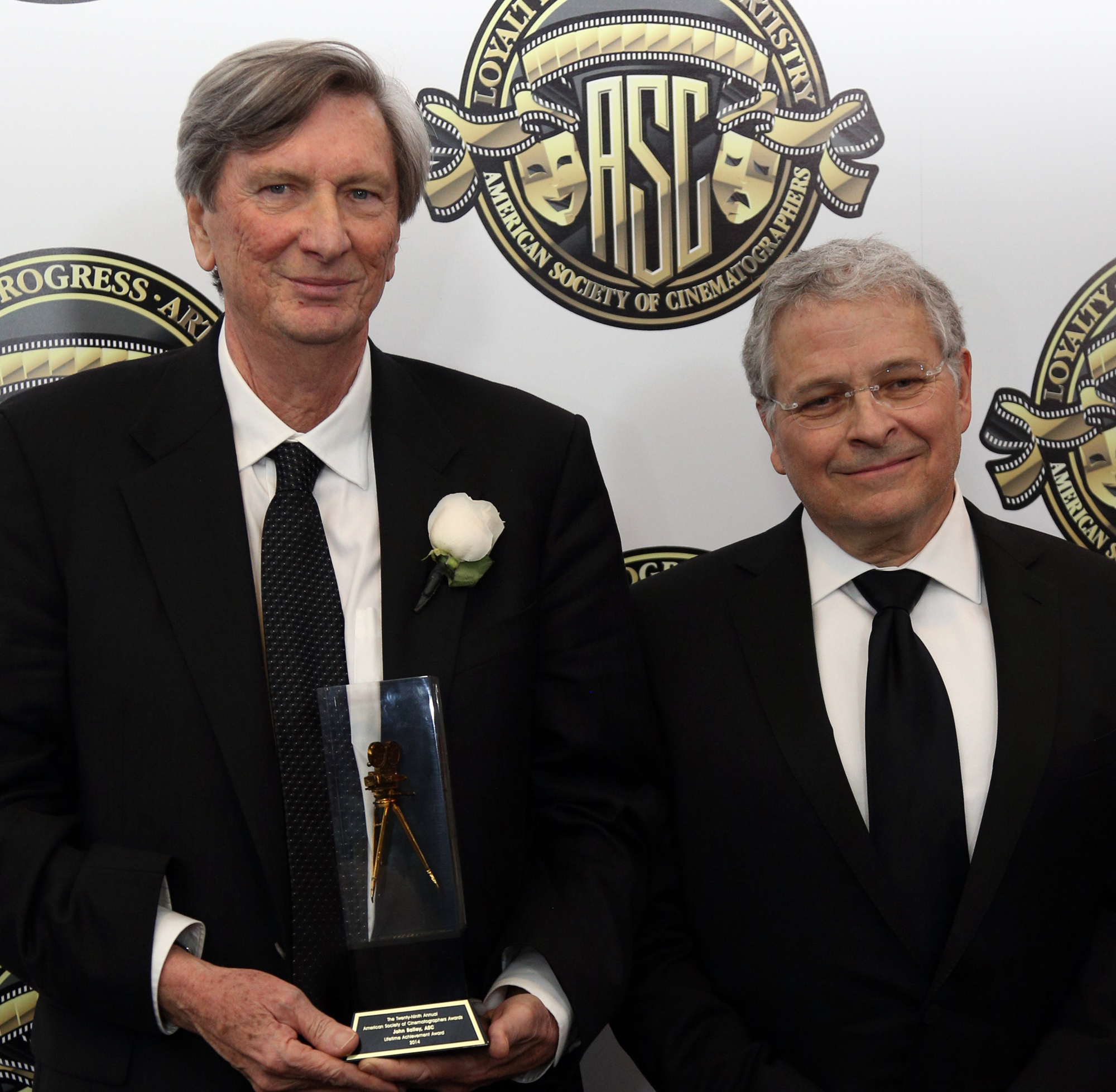
Bailey is also the author of the long-running John’s Bailiwick blog, which has been published by the ASC since 2009. During that time, he has tackled a broad range of subjects pertaining to the arts. To that end, he introduced in his first Bailiwick post with the statement, “I can’t promise you that any of what I say will conform to the tenets of Cartesian logic, much less have any immediate relevance to your daily concerns as cinematographers. What I will try to do is draw out what I know as a person interested in the arts and how it intersects my work as a cinematographer.
“I am not a techno nerd and cannot even suggest that I can be a source for any technical or scientific information, if that is your bailiwick. My whole frame of reference for motion pictures is not even especially visual. I was not a picture taker as a child and came to movies as a graduate student at USC only after an undergrad literature major at Loyola LA. I hoped to learn film 'grammar' in order to be able to write about filmmaking. It was hoped by many of my generation that a New Wave of filmmaking would break on the shores of Malibu and Hollywood, cresting as high as the French, Italian and Swedish ones, which at that time were re-inventing cinema. The critical mouthpiece of the French New Wave was Andre Bazin.
“It was my dream to become the American Andre Bazin, though I had no desire to die prematurely like him at age 40.
“So, for this blog I will try to write about some of the issues of concern to us all in the immediate and evolving world of film. But for me that is really a small factor in the whole equation. I came to film with the baggage of a liberal-arts education, and I have dragged it like a character out of Beckett through the last four decades of my life and work. For good or indifferent, I will be opening some of it out into the light here, examining how deeply intertwined aesthetics and the arts must be with our technical work. I hope I can give you some window into my aesthetic ramblings as I stumble across the pitfalls of technology.
“Also, I will not confine my subject matter to motion pictures. There are many ideas and issues in the arts that are relevant to our work as cinematographers if we choose to engage them. A broad-based and fertile immersion in the arts and literature enriches the work and enlightens our lives. I don’t know how often I will be able to post, but I will make best efforts to be regular. It will be a process — an experiment, actually.”
Notes ASC President Kees van Oostrum, “Given John’s many years of service to the Academy and his unwavering dedication to the cinematic arts, he will be an excellent leader.
“John, on behalf of the entire ASC membership and staff, congratulations! We are all incredibly proud of you.”
